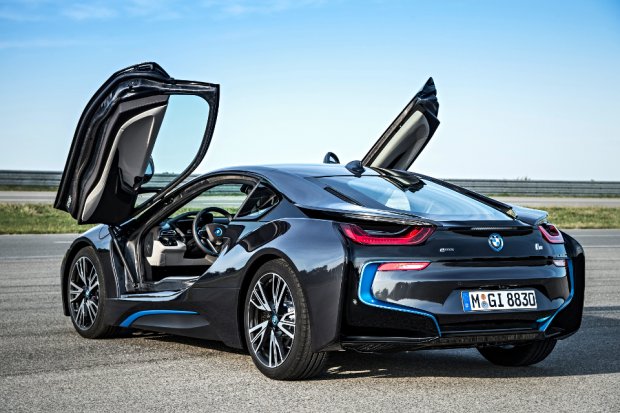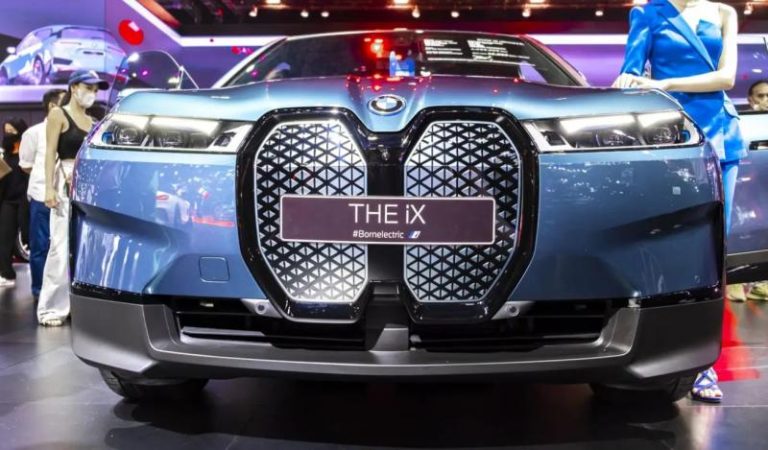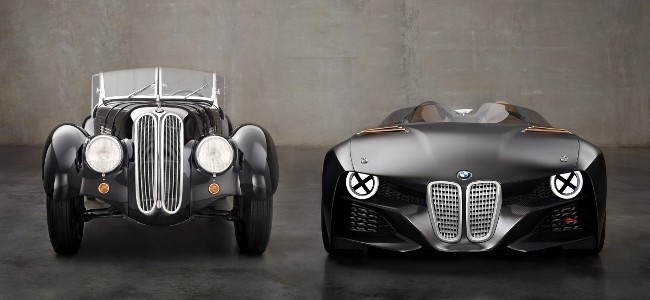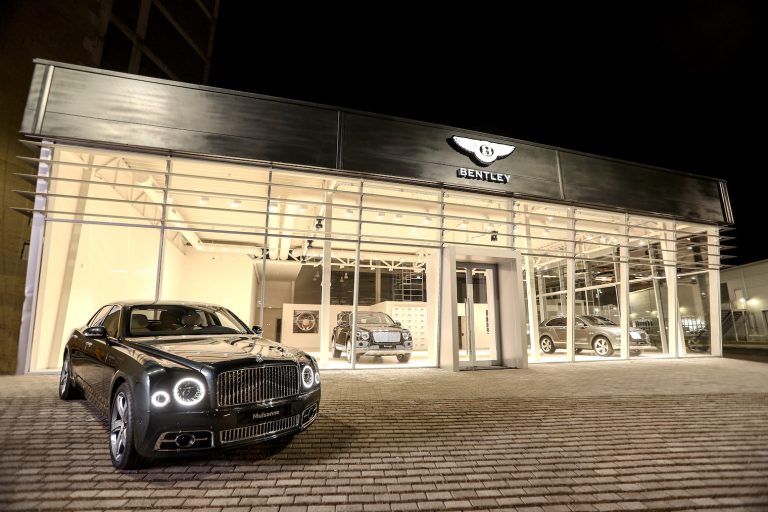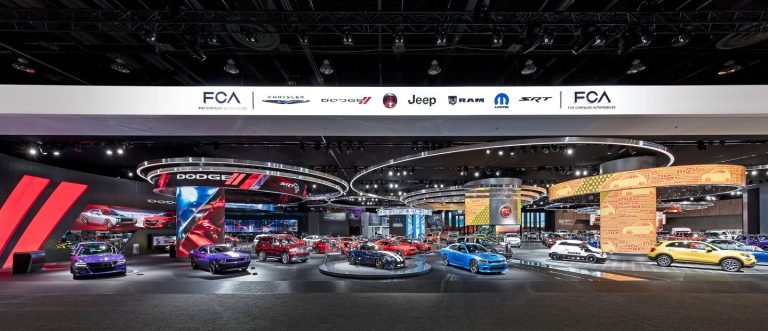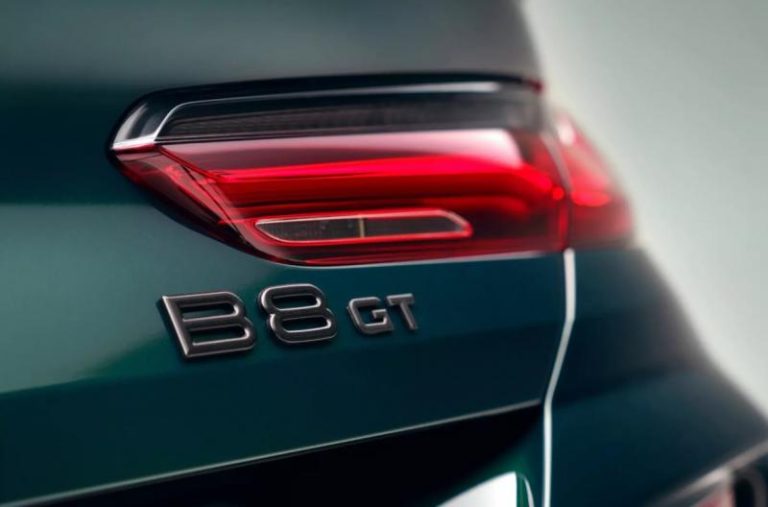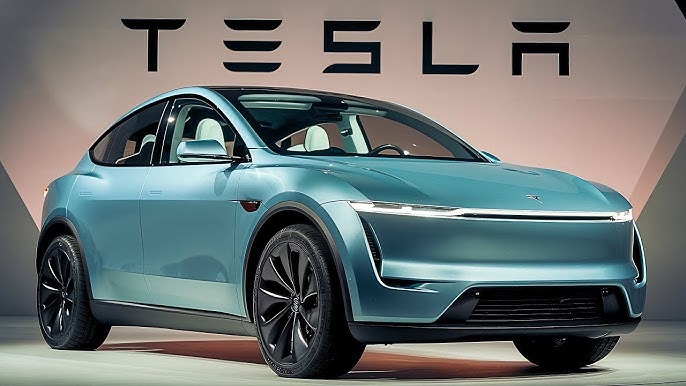Breakthrough Technologies of BMW
Innovations Defining the Brand’s Competitiveness
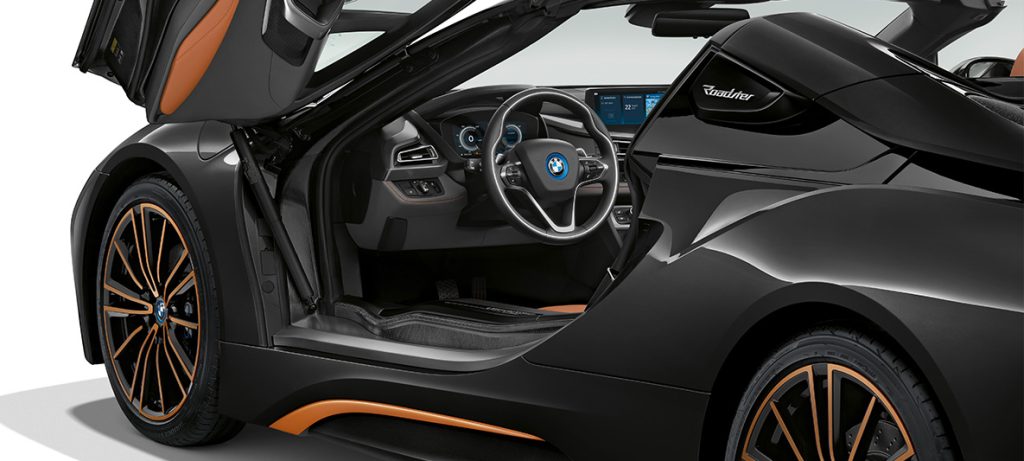
Introduction
BMW is not just a car brand, but a symbol of cutting-edge technology, unparalleled engineering, and an innovative approach to automotive manufacturing. For decades, the company has implemented the latest advancements, making its vehicles some of the most desirable in the world. Today, in an era of global digitalization, electrification, and autonomous driving, BMW continues to lead the industry, offering revolutionary solutions that provide safety, comfort, power, and an exceptional driving experience.
The modern automotive market is increasingly competitive. Manufacturers are actively adopting new technologies to gain the trust of consumers. However, BMW does not simply follow trends—it creates them. Whether it is innovative electric motors, intelligent driver-assist systems, a digital vehicle ecosystem, or future materials, BMW consistently stays ahead.
This essay will explore the key technological breakthroughs by BMW, which ensure the brand’s leadership in the market and make its vehicles the most advanced in the world.
1. Electrification Technologies and Alternative Powertrains
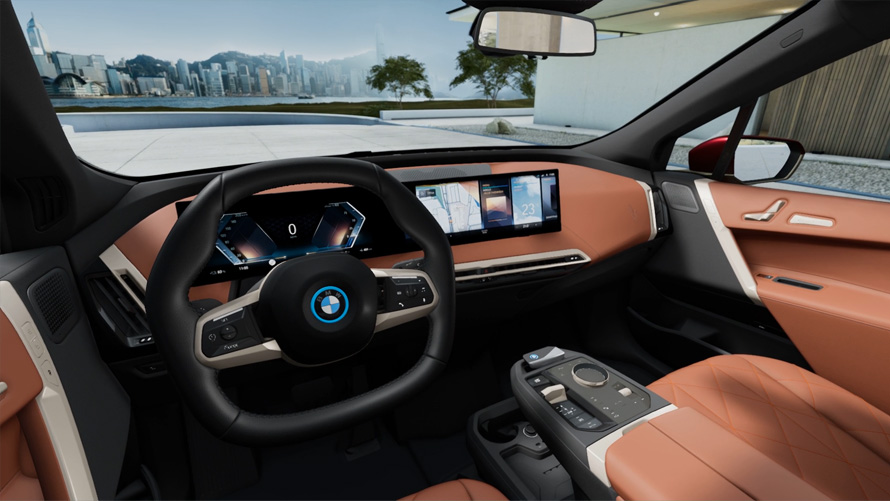
BMW i4, iX, i7 – New Standards in Electric Mobility
BMW has long integrated electric technologies into its lineup. New models such as the BMW i4, iX, and i7 demonstrate the highest level of performance, autonomy, and comfort. For instance, the BMW i7 combines a power output of 544 horsepower with a range of over 600 km, competing even with premium fuel-powered models.
Key features of BMW’s electric vehicles:
- Unique battery architecture – improved energy density and increased lifespan.
- Efficient regenerative braking – maximum energy recovery.
- Intelligent cooling system – ensures optimal battery temperature in any weather.
BMW iX5 Hydrogen – Betting on Hydrogen Technology
BMW is actively developing hydrogen-powered vehicles. The BMW iX5 Hydrogen prototype features a fuel cell that produces 374 horsepower and can refuel in just 4 minutes. Hydrogen technologies may represent the future of alternative powertrains, particularly in the premium car segment.
Neue Klasse Platform – The Future of BMW Electric Vehicles
By 2025, BMW will unveil the new Neue Klasse platform, which will be used exclusively for electric vehicles. Its main advantages:
- Enhanced aerodynamics and reduced weight.
- Use of next-generation solid-state batteries.
- New level of interaction between the vehicle and the driver through digital technologies.
2. Artificial Intelligence and Digitalization
BMW Intelligent Personal Assistant – AI-based Personal Assistant
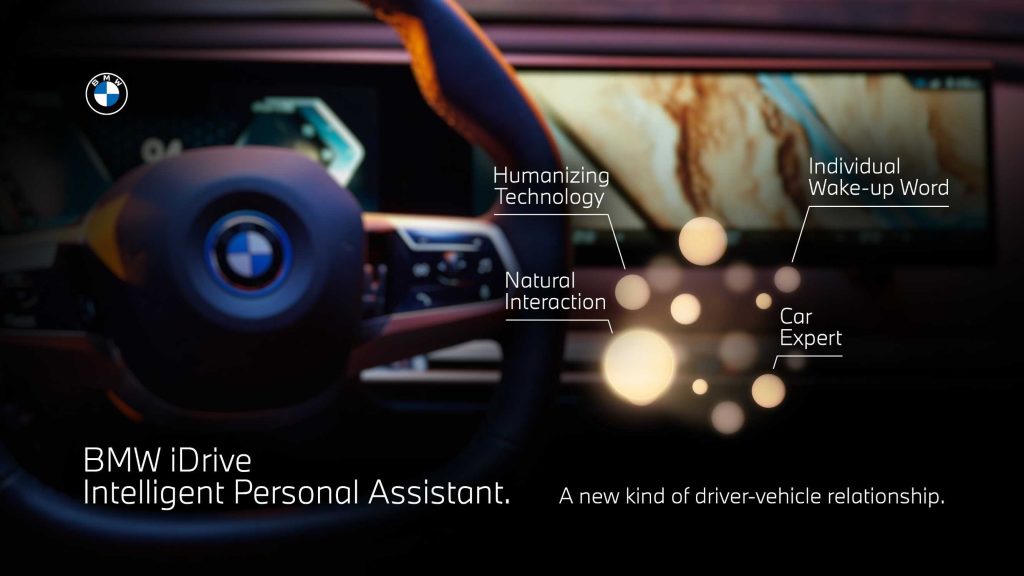
Modern BMWs are equipped with a voice assistant that uses artificial intelligence to analyze driver habits. It can adjust temperature, select music, control navigation, and even respond to complex requests.
BMW iDrive 9 – The New Era of Infotainment Systems
BMW iDrive 9 is not just an infotainment system, but a full-fledged digital control center for the car. Its key capabilities:
- Full smartphone integration.
- 5G connectivity for instant data transfer.
- Adaptive AI, which learns the driver’s preferences and offers personalized settings.
Over-the-Air Software Updates
BMW is one of the few car manufacturers offering over-the-air software updates. This means that new features and improvements can be delivered without visiting a service center.
BMW Digital Key Plus
Thanks to Ultra-Wideband (UWB) technology, BMW owners can use their smartphones as keys and share access to the car with family members or colleagues.
3. Autonomous Driving and Safety Systems
BMW Highway Assistant – Advanced Autopilot System
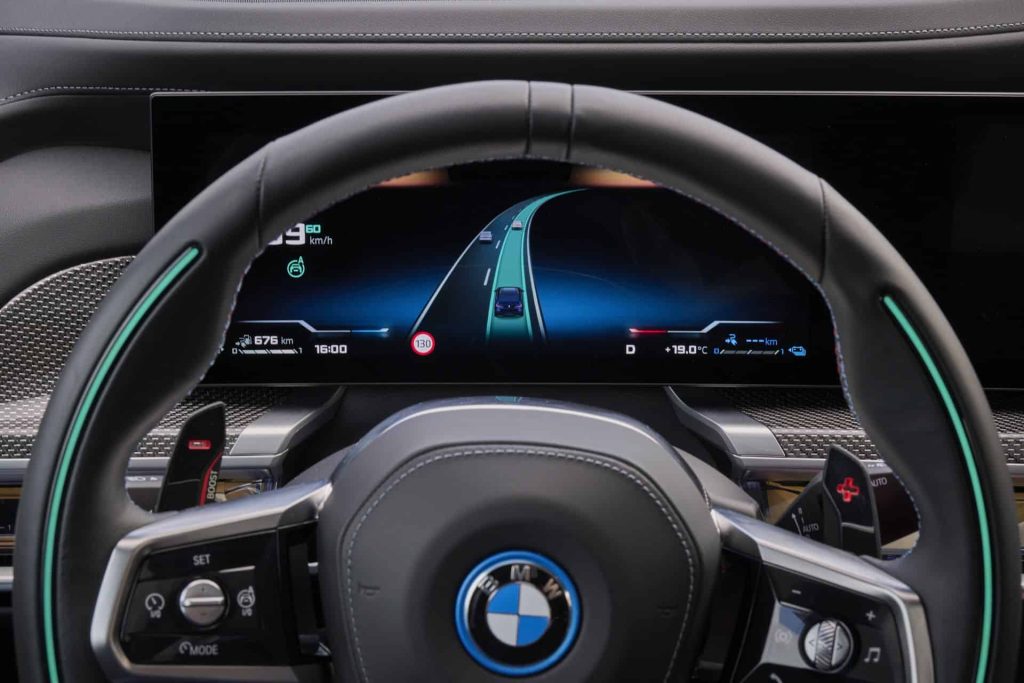
BMW is actively developing level 2+ autonomous driving technologies. In new models, the BMW Highway Assistant allows the car to drive autonomously on highways, maintaining lane position and distance.
Collision Prevention System
Using LIDARs, cameras, and radar, BMW provides maximum safety:
- Automatic emergency braking automatically prevents accidents.
- 360° surround view provides perfect situational awareness.
- Automatic parking helps park even in tight spaces.
4. Innovations in Aerodynamics and Structural Materials
Aerodynamics: Air Curtains and Active Elements
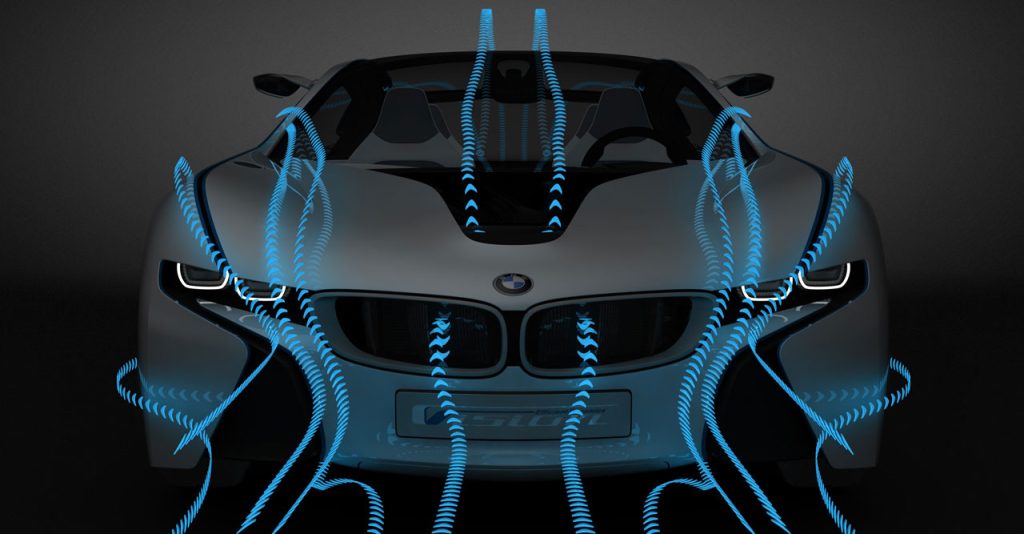
BMW actively uses active aerodynamic solutions, which reduce air resistance and increase vehicle efficiency.
Lightweight Materials: Carbon Fiber and Aluminum
The use of CFRP (carbon fiber reinforced plastic) and aluminum alloys allows BMW to reduce vehicle weight, improve handling, and increase safety.
